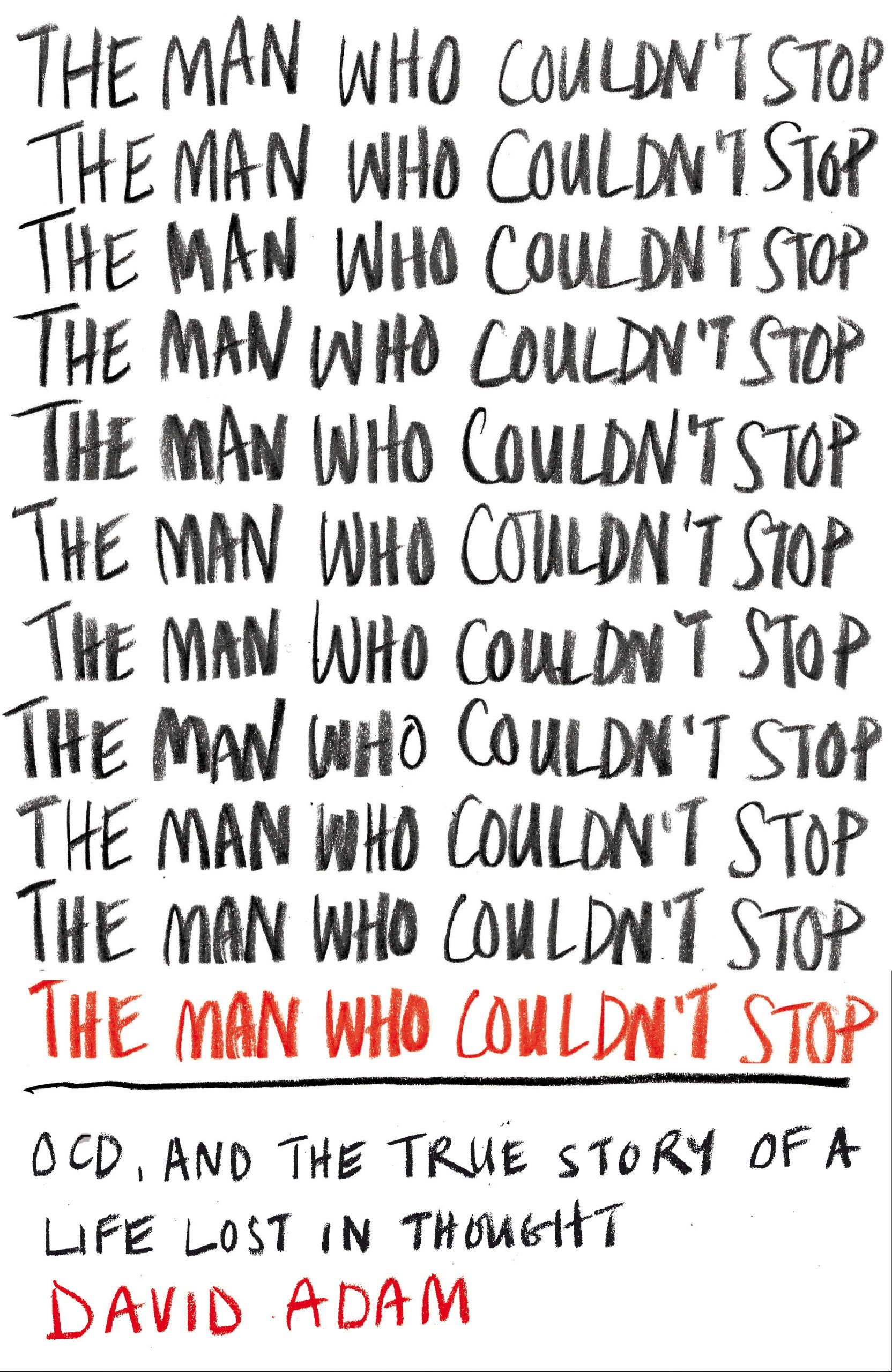
We recently interviewed David Adam, author of The Man Who Couldn’t Stop: OCD and the True Story of a Life Lost in Thought. He’s been featured in the New York Times and NPR because of his story.
Here is what you need to keep in mind when reading this interview: David Adam struggled with OCD for many, many years; his obsession was about contract HIV and it affected all areas of his life. However, he asked for help, received exposure response prevention, faced OCD, got better and wrote about it.
In this interview we get to know David as a journalist, OCD warrior, and as a person advocating for effective treatments for OCD.
What drew you specifically to OCD?
“Twenty years of bitter experience of suffering from it!”
What’s unique about your book?
“I hope it does what I set out earlier – it bridges the clinical and personal and offers insight as well as expertise. And I think it achieves (but haven’t checked) one of my earlier goals: to write a book about OCD that didn’t include an exclamation mark.”
What was difficult about writing your book?
“The research. There is so much amazing history and background that just hadn’t been reported before. So I needed to decide what to keep and what to lose. And I think it was a challenge to decide where to draw the balance between the scientific and personal strands. I have been criticised both for including too much scientific detail and for not including enough – so maybe I got it about right!”
Was there any funny moment when writing your book you would like to share with us?
“Only the inevitable question when people ask “what’s it about?”. Because nobody knew I had OCD I wasn’t ready to tell them. I’m sure they believed I thought they were going to steal my idea if I told them.”
Who is this book for?
“On one level it is for me and those around me, and those who have been around me in the past. Because my experiences of OCD turn out to be pretty typical, I know a lot of people with the condition and their loved ones find it useful and interesting. And because the problem seems to stem from weird thoughts that everybody has, I hope it will appeal to anybody interested in the human mind.”
What drove you to write this book?
“After I had treatment and started to feel better, I started to think about OCD more as a journalist than a patient. And like many journalists I wanted to write a book, but had never found the right topic before.”
What advice would you give to an OCD sufferer?
“Am I allowed to say to read my book? If not, then would simply reassure them that help is out there. It can be difficult to find and difficult to follow through with, but people do improve and they do feel better. I did.”
Why did you feel there was a need for this book?
“When I wanted to know more about OCD I found there wasn’t a book that addressed and answered the questions I had about what had happened to me. Existing books seemed to be written by clinicians and were therefore detached or they were written by patients who wanted to describe their own experiences, but didn’t really go any deeper. So I thought my book could bridge those two – offer the facts but with a personal journey attached.”
Can you describe your writing ritual?
“I am a journalist so writing is what I do. No ritual as such but I think I’m lucky because I can just pick up the laptop, do 20 minutes, and put it down again. So I tend to write where and when I can. Writing is only a small part of “writing”. Much more time goes on reading.”
How has treating or addressing OCD impacted your life?
“Like everybody else, I have good and bad days now. And that’s a whole lot better than only having bad days.”
Adam got better dealing with OCD, you can get better too.






